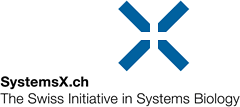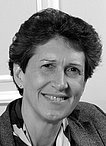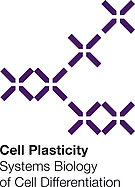Cell Plasticity
Systems Biology of Cell Differentiation
The developmental process that forms a living organism from a fertilized egg cell is still a miracle. While the DNA blueprint is the same in every cell, the program that determines its fate resides in layers of controls on top of the DNA sequence. These determine the expression of genes within the DNA blueprint, and yield hundreds of cell types with unique expression profiles from a single fertilized egg.
This project is designed to understand the interplay between transcription factors and the epigenetic landscape of the genome, during normal and abnormal cell differentiation. With this target in mind, researchers will be examining six different cell differentiation systems in mice: four healthy ones and two cancer systems.
The goal of the Cell Plasticity in Health and Disease project is to reveal the general principles that govern tissue- or pathway-specific transcription, through promoter-binding factors and epigenetic modifications on chromatin. These covalent epigenetic marks, in concert with transcription factors, provide a "cell memory" that drives a cell down a particular cellular differentiation pathway. Interconversion or loss of a defined cell fate is not only important in regenerative medicine, but also to arrive at a complete understanding of cancer.
Specific cellular systems
We are applying a combination of uniform, high-throughput measurement protocols and computational modeling approaches to six specific cell differentiation systems in mice. The systems include four "normal" and two "aberrant" differentiation events that result in the formation of tumor cells. We will focus on modeling the mechanisms through which sequence-specific transcription factors interact with the dynamic "epigenetic code" along the genome.
Development of novel models
By comparing the logic of differentiation controls in multiple systems, we aim to develop models that describe how transcription factors and epigenetic modifiers interact during differentiation in general, to the point that we can engineer cell fate. We aim to be able to predict and confirm that specific perturbations reliably lead to differentiation into a desired target state, from a given starting state.
| Principal Investigator | Prof. Susan Gasser, Friedrich Miescher Institute for Biomedical Research, Basel |
| Involved Institutions | Friedrich-Miescher Institute, University of Basel |
| Number of Research Groups | 10 |
| Project Duration | Jan. 2010 - Dec. 2013 |
| Approved SystemsX.ch Funds | CHF 4.975 million |
Updated September 2012


